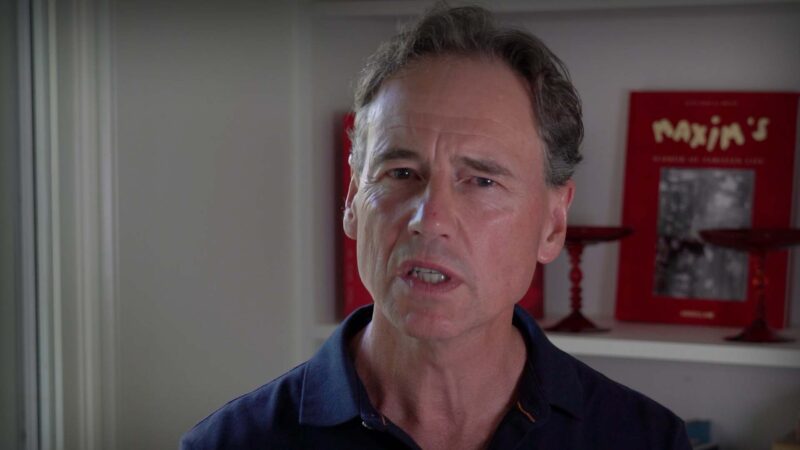Santosh Kaur is a passionate registered nurse and mother of a 5 year old. She has worked in healthcare for over 15 years from frontline to senior management/executive roles. She practiced as a doctor in India, successfully running her private practice before moving to Australia in 2009 and becoming a nurse. Throughout her journey around wound care, she was frustrated to see the simple gaps in wound care resulting in negative patient outcomes. Santosh is the founder of SmartHeal which launched in 2020.
SmartHeal is a technology alternative to manual measurements and manual sharing of important wound data, replaced with a no touch technique. It aims for healthcare professionals to have live remote access to wound data, make wound assessments and assist with speech to text notes thus saving time, cost and people. SmartHeal also aims to assist healthcare professionals in providing optimum wound care by analysing the wound tissue for infection, moisture and providing suggestions for suitable dressing. Source: https://sbeaustralia.org/news/4358.
Australian Health Journal spoke with Santosh prior to another startup pitching contest (where SmartHeal won).
You Might also like
-
Ready to unleash the potential of the pharmacist health workforce
Last week, Associate Professor Fei Sim the National President of the Pharmaceutical Society of Australia (PSA), the peak body representing 39,000 pharmacists across Australia’s health system, spoke to Australian Health Journal about the release of the Unleashing the Potential of our Health Workforce – Scope of Practice Review. The review and final report sets out to create a clear pathway for health professionals to contribute more to our health system and practice to their full and top of scope.
-
Tasmanian researchers and clinicians working together
Tasmanian medical research charity funds projects that have a global impact and improve community health and well-being.
Australian Health Journal spoke to Stephanie Furler the Chief Executive Officer of The Royal Hobart Hospital Research Foundation about the impact of this research locally and in global health.
-
Message from former Australian Health Minister Hon Greg Hunt
The Honourable Greg Hunt served in the Australian Government as Minster for Health and Aged Care from 2017, previously as Industry, Innovation and Science Minister and before that the Environment Minister.
Elected as the Member for Flinders in 2001, Greg announced his retirement from politics late 2021 and in 2022, ahead of the Federal Election, having completed 20 years as a public servant.
Australian Health Journal recently caught up with Greg in a relaxed interview at his home in the Mornington Peninsula, Victoria to hear how a 9 month sabbatical has allowed him to focus on family, fitness and future. This has even included some “brutal spin cycle classes!”.



